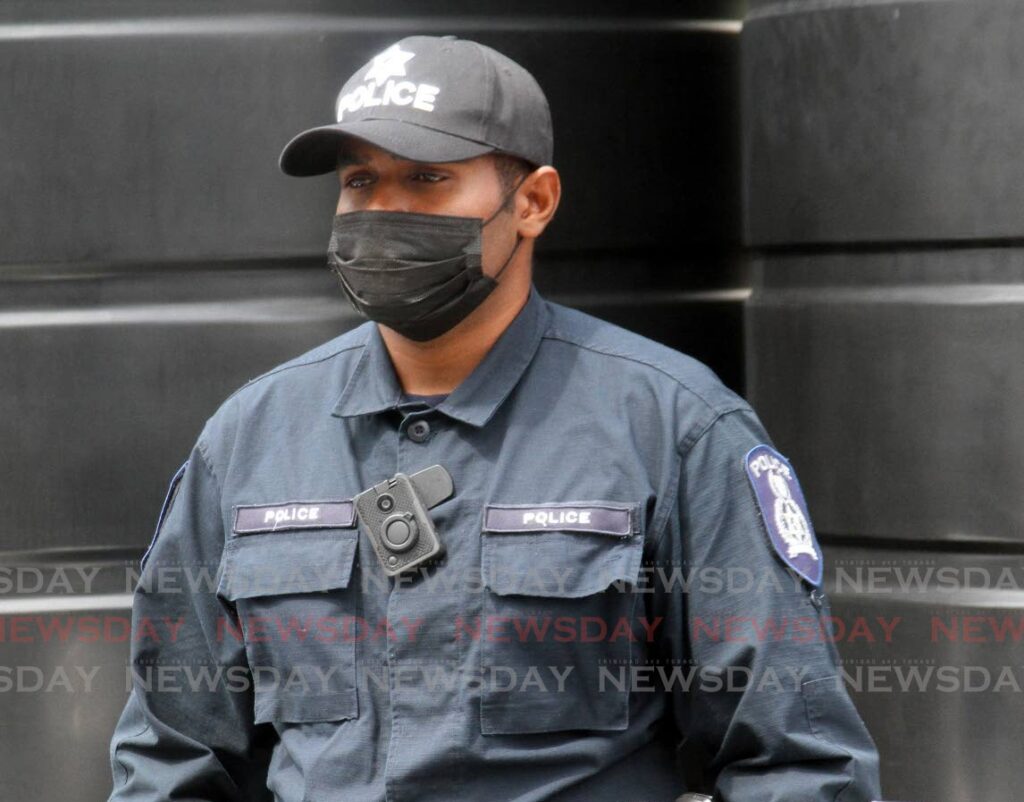Why defiance on body cameras?

It continues to be disturbing that after body cameras have been made a mandatory part of police gear, officers either won’t wear the devices or fail to turn them on.
The Police Complaints Authority (PCA) is taking the lead on the devices, requiring its investigators to wear and use them when they are working in the field. But the PCA acts after problematic incidents, so its use of the devices will require different protocols, particularly during interviews with skittish witnesses.
The authority has lamented the shortage of relevant footage, particularly in cases of extra-judicial killings, either because officers have not activated their body cams or the footage is not sent to investigators.
Complaints that the battery life of the devices is just an hour and a half are absurd. The recordings are most necessary during police action, and officers are capable of deciding when they are needed.
Police Commissioner Erla Harewood-Christopher has proved to be far too flexible on both body camera use and delivering footage to the PCA. Claims that breaches of policy would be met by discipline mean little when the breaches continue with no apparent action taken.
Why are officers so resistant to recording their lawful responses to crime?
An active body camera provides accountability during an encounter with the police, providing evidence of what actually happened within view of the lens. That won’t be affected by the subjective recollections of either the officer or the civilian they are interacting with, while offering a record of what’s said by witnesses and victims that’s untainted by the fog of time’s passage.
In an era in which public engagements between police and citizens are likely to be recorded from multiple viewpoints, through bystander smartphones, a record from the officers’ point of view should be a welcome addition to evidence-gathering.
The impact of these cameras on policing where they have been successfully deployed has proven far from decisive, with results varying by culture, location, police acceptance in communities and other variables.
The US National Institute of Justice (NIJ), an agency of the Department of Justice, has evaluated the impact of camera use in US cities and the UK, finding little change in some regions in police use of force, the number of citizen complaints and arrests for disorderly conduct.
But the NIJ has also recorded statistical decreases in citizen fatalities and injuries related to police use of force.
There is no equivalent assessment of the impact of body cameras in Trinidad and Tobago because officers stubbornly refuse to make the project a reality.
The PCA would clearly like to change that status quo and its example should at least spark a token effort in turn by police officers to use body cameras.


Comments
"Why defiance on body cameras?"